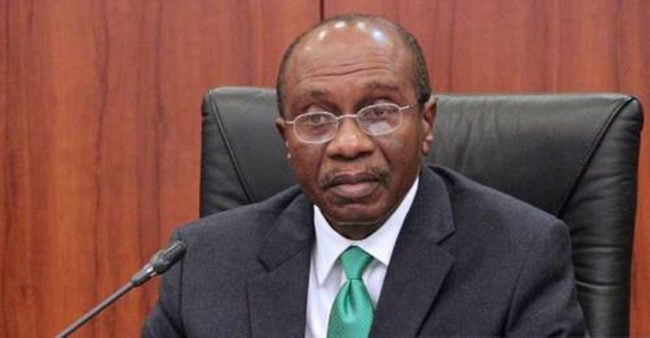India’s and Nigeria’s central banks have drawn up plans towards launching their own sovereign-backed digital currencies this year.
While the Central Bank of Nigeria(CBN) aims to launch a digital naira pilot in October, the Reserve Bank of India is considering a phased plan to implement a digital rupee.
Central bank digital currencies (CBDCs) are the digital form of fiat money, giving holders a direct claim on the central bank and allowing them to make instant electronic payments.
CBDCs differ from digital money like cryptocurrencies, which are private and decentralised tokens.
On Thursday, Rakiya Mohammed, the Central Bank of Nigeria’s (CBN) director of information technology, said that a CBDC pilot will begin as early as October 1.
At a press briefing in June, Mohammed said the bank had been researching a possible CBDC for years and would be trialling a digital naira before the end of this year.
Nigerian financial officials have been grappling with how to best deal with the rise of cryptocurrencies in the country and had prohibited crypto transactions in the banking sector in February this year.
“Cryptocurrencies such as Bitcoin and the rest of them are not under the control of the central bank; they are purely private decisions that individuals make and are not part of this arrangement,” she added.
The CBN’s deputy governor Adamu Lamtek clarified that crypto trading was not banned, and its popularity has continued to grow despite the banking restrictions.
Also in a speech on Thursday, Deputy Governor T. Rabi Sankar said the Reserve Bank of India (RBI) is considering running a series of pilot programs for a proposed CBDC.
Sankar said “perhaps the time for CBDCs is near” and the RBI was weighing a “phased introduction” of a digital rupee to allow time for required legal changes to the country’s foreign-exchange rules.
He added that it would reduce currency costs for the government and protect citizens from the volatility of cryptocurrencies.
The RBI published a report back in March that highlighted the benefits of a CBDC for financial inclusion and drawbacks related to raising the cost of lending through commercial banks.
While the Indian government has previously indicated its intent to ban cryptocurrencies, the mood has shifted in recent months with signs of the country taking a more lenient approach by regulating the crypto market.
So far, at least 80 per cent of central banks around the world are exploring use cases for CBDCs, with 40 per cent already testing pilot programs.
China’s digital yuan trials are currently at the most advanced stage of any CBDC project to date.
The US announced a series of private sector-led pilot programmes in May to generate data to help policymakers develop a digital dollar.
YOU SHOULD NOT MISS THESE HEADLINES FROM NIGERIAN TRIBUNE
We Have Not Had Water Supply In Months ― Abeokuta Residents
In spite of the huge investment in the water sector by the government and international organisations, water scarcity has grown to become a perennial nightmare for residents of Abeokuta, the Ogun State capital. This report x-rays the lives and experiences of residents in getting clean, potable and affordable water amidst the surge of COVID-19 cases in the state…
Selfies, video calls and Chinese documentaries: The things you’ll meet onboard Lagos-Ibadan train
The Lagos-Ibadan railway was inaugurated recently for a full paid operation by the Nigerian Railway Corporation after about a year of free test-run. Our reporter joined the train to and fro Lagos from Ibadan and tells his experience in this report…






